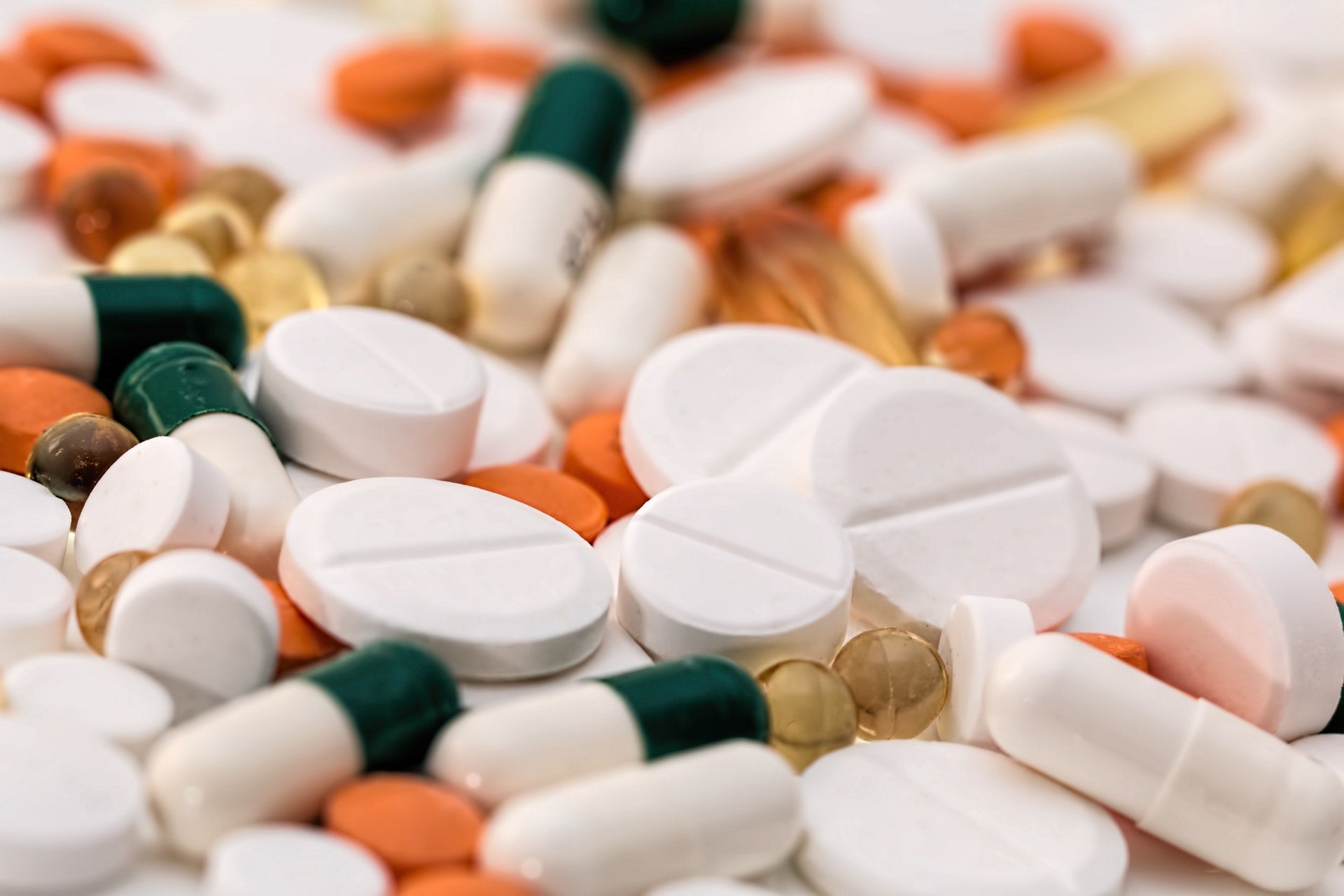Does Medication Affect Waxing?
May 31, 2018 – KLU Holdings

You may have never realised but if you are on certain medication then this can have an effect on your waxing session, and in some cases, you shouldn’t be waxing at all.
So we thought we’d delve deeper to name some medications that you may be on and shouldn’t be waxing with, and why this happens.
There are certain types of medications that cause the skin to become sensitive while being taken either orally or applied topically. When your skin has become sensitive because of medication, this can increase the sensitivity towards pain, plus there is an increase in side effects when you wax.
When to avoid waxing?
Numerous medications can have an impact on your skin if you should wax. You should avoid waxing if you’re on the following medication;
(NB: This is only a small selection of medications that waxing is affected by. If you are unsure whether the medication you are taking could have an adverse effect, we’d strongly recommended speaking with your doctor before waxing).
- Oral and topical antibiotics
- Most antibiotics used to treat acne, such as; Tetracycline, Minocycline, Accutane & Clindamycin
- Topical prescriptions, such as; Retin A and Differin
- Blood-thinning medications
- Medications for Lupus
- Steroid medication
- Medication for skin conditions, including; Eczema, Psoriasis
Other medications or conditions that could potentially cause problems when waxing, includes;
- Pregnancy
- Taking birth-control medication
- Hormone replacement
- Diabetes / Phlebitis
- Undergoing cancer treatment
- Rosacea
What are the side effects of waxing when on medication?
The side effects of waxing when on medication can vary but typically you’ll find that the skin will lift when the wax is being pulled off. The lifting of the skin will create a burning sensation and is caused by the skin cells being more sensitive than usual and the exfoliation of these cells.
Skin medication, in particular, helps to speed up the skin’s natural exfoliation process, which not only reveals smoother, brighter skin but will make the skin thinner. Therefore when you come to wax, usually the wax will take off the top layer of skin (which is perfectly normal and is why you’ll be left with that super smooth feeling), but when your skin is thinner, the wax will be taking off deeper layers of skin. This results in the skin ‘lifting’ and you feeling the ‘burning sensation’ and possibly being left with a scab.
Some medications such as Accutane will state that you shouldn’t wax until you have been off this medication for over a year. Accutane is a medication prescribed for acne and is a strong medication, which causes the glands to produce less oil and give your skin a quick turnover rate.
This quick turnover rate of new skin doesn’t work well with waxing and can cause severe skin problems.
Sometimes it isn’t even the medication you may be on that can affect your skin. It can be down to a skin disorder you may have such as Eczema or Psoriasis.
Soft wax typically isn’t a good option for those of you who have the above skin conditions; however, sugar waxing can be an option, so long as you see a trained, specialist technician who has had experience.
This type of waxing can help alleviate the symptoms as it is exfoliating the dry skin off for you. If you’re on medication for these conditions, then we’d suggest not to wax at all.
Tell your technician about your medication
Whenever you go for your wax appointment, you should always update your technician of your current medical state, for example, if you have started taking medication, if you’re on antibiotics or you’ve started using anti ageing serums that contain retinol or prescribed medication to apply to the skin.
Your technician can then advised whether to go ahead with the treatment or to refrain from going ahead.
If you are unsure about any aspect of waxing and if you’re suitable, then do check with your doctor if your concerns are medically related and also with your waxing technician.

0 comments